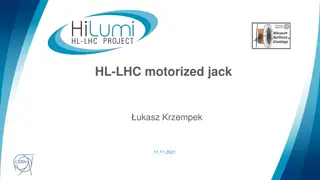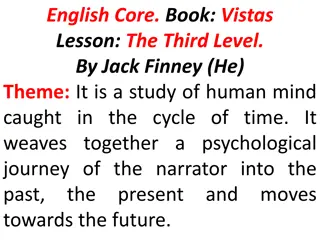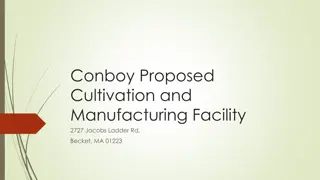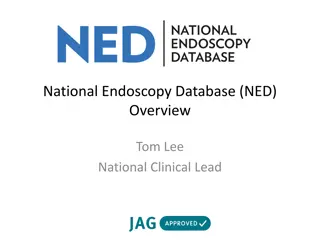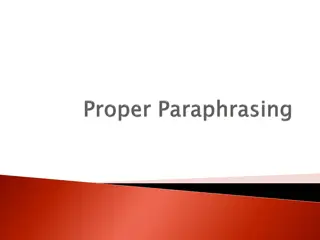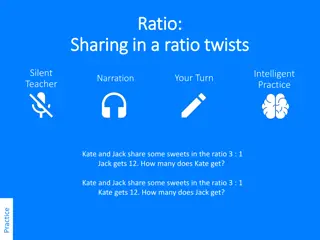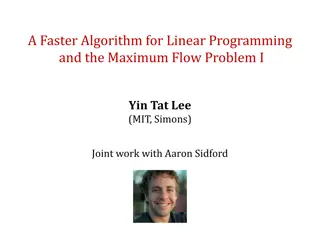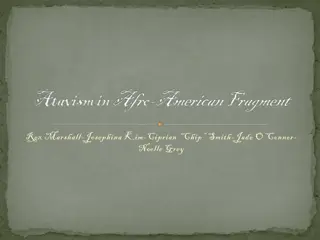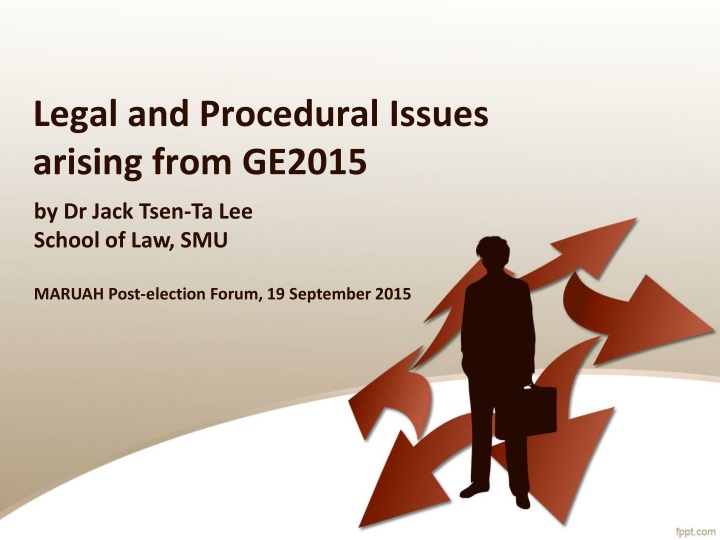
Legal and Procedural Issues Arising from GE2015: Overview of Elections, Boundaries, and Campaigns
Explore the legal and procedural aspects surrounding GE2015 with insights into the Elections Department's role, electoral boundaries, and campaign regulations. Delve into pre-election considerations, the redrawing of boundaries, and issues during the campaign period.
Download Presentation

Please find below an Image/Link to download the presentation.
The content on the website is provided AS IS for your information and personal use only. It may not be sold, licensed, or shared on other websites without obtaining consent from the author. If you encounter any issues during the download, it is possible that the publisher has removed the file from their server.
You are allowed to download the files provided on this website for personal or commercial use, subject to the condition that they are used lawfully. All files are the property of their respective owners.
The content on the website is provided AS IS for your information and personal use only. It may not be sold, licensed, or shared on other websites without obtaining consent from the author.
E N D
Presentation Transcript
Legal and Procedural Issues arising from GE2015 by Dr Jack Tsen-Ta Lee School of Law, SMU MARUAH Post-election Forum, 19 September 2015
Outline Before the election: Position of the Elections Department. Redrawing of electoral boundaries. During the campaign period: Election advertising on cooling-off day and polling day. Films. After the election: NCMPs.
Elections Departments Position The Elections Department (ELD) is a department under the Prime Minister s Office. While there are few complaints about how the ELD conducts elections, to maintain impartiality should it be an independent commission?
Electoral Boundaries The Electoral Boundaries Review Committee s recommendations on the adjustment of constituency boundaries always draws criticisms from voters and political parties.
Electoral Boundaries Not very convinced by the common argument that the constituency name seems far removed from the actual geographical location where a voter lives. More relevant: have electoral boundaries have been redrawn unfairly to favour the incumbent party? EBRC report gives no methodology details, apart from stating that there should be 20,000 to 37,000 electors per MP, with a 30% variation as in past practice .
Electoral Boundaries Should the EBRC issue a draft report and provide an opportunity for voters and political parties to submit representations on it, before the report is finalized? Under the Malaysian Constitution: Proposed boundary changes must be published in the Government Gazette and in at least one newspaper in the affected constituency. People are given a month to make representations to the Electoral Commission, and if they are received an enquiry is held. Should an independent Electoral Commission appoint and oversee the EBRC s work?
Online Engagement The campaign period is from the close of nomination proceedings to the start of cooling-off day. Political parties are required to notify the Returning Officer: Within 12 hours after the campaign period starts the particulars of every Internet election advertising platform to be used. After that, before each form of Internet election advertising is published. Is this too cumbersome?
Online Engagement There is still confusion over what people can or cannot post on the Internet on cooling-off day and polling day. Not helped by ELD s advice: The transmission of personal political views by individuals to other individuals, on a non-commercial basis, using the Internet, telephone or electronic means is allowed. But the law actually states that what is allowed is the telephonic or electronic transmission by an individual to another individual of the first- mentioned individual s own political views, on a non-commercial basis .
Online Engagement The wording of the Parliamentary Elections Act, s 78B, suggests that one-to-many electronic transmissions, such as postings on social media, are actually not permitted by law. Is this too rigid and impossible to enforce anyway? Should the restriction be done away with (at least for voters who are not candidates or people working for them)? But if the restriction is removed, does this defeat the purpose of having a break from campaigning on cooling-off day and polling day?
Online Engagement The Films Act prohibits the exhibition of party political films . Essentially, a film will not be considered a party political film if it is purely factual and does not contain any dramatic elements. Again, does this restrict creativity? Or is it better to keep the restrictions to prevent negative campaigning (such as the SDP s Pappy Washing Powder YouTube video)?
The NCMP Scheme Under the Non-constituency Member of Parliament (NCMP) scheme, opposition candidates who are the best losers in the general election will be declared elected as NCMPs. The maximum number of NCMPs is nine less the number of opposition candidates elected.
The NCMP Scheme Opposition candidates have priority to be declared elected according to their vote share, subject to the following rules: Each candidate must poll at least 15% of the votes in the constituency. No more than one candidate from each SMC, and no more than two candidates from each GRC, can be declared elected. In GE2015, all the qualifying candidates are from the Workers Party.
The NCMP Scheme As a result of Lee Li Lian, the best-performing unsuccessful opposition candidate, stating she will not take up an NCMP seat, there is some doubt about whether the WP can nominate someone to replace her. PEA, s 53: if an NCMP fails to take MP s Oath of Allegiance at the first or second sitting of Parliament after the general election, Parliament may by resolution declare that his seat has become vacant and that it be filled by the next succeeding candidate at the general election in the order of priority
The NCMP Scheme Jaclyn Neo pointed out in a Singapore Public Law blog post that this could mean if Parliament declares the seat vacant, it must go on to allow the seat to be filled. But ELD says it was advised by the Attorney-General that Parliament can declare the seat vacant and not fill it. Unlikely that the PAP-dominated Parliament will declare the seat vacant and yet not allow it to be filled.
The NCMP Scheme Will the WP apply to court if the PAP actually does that? If Parliament does not declare the NCMP seat vacant, can Lee Li Lian opt to take up the seat in, say, after a year or two? Nothing in the law says she is barred from doing so. These issues should probably be clarified. Or should the NCMP scheme as a whole be scrapped, as the WP has called for? Despite limitations on what NCMPs can vote on in Parliament, it gives opposition politicians exposure.
Legal and Procedural Issues arising from GE2015 by Dr Jack Tsen-Ta Lee School of Law, SMU MARUAH Post-election Forum, 19 September 2015







